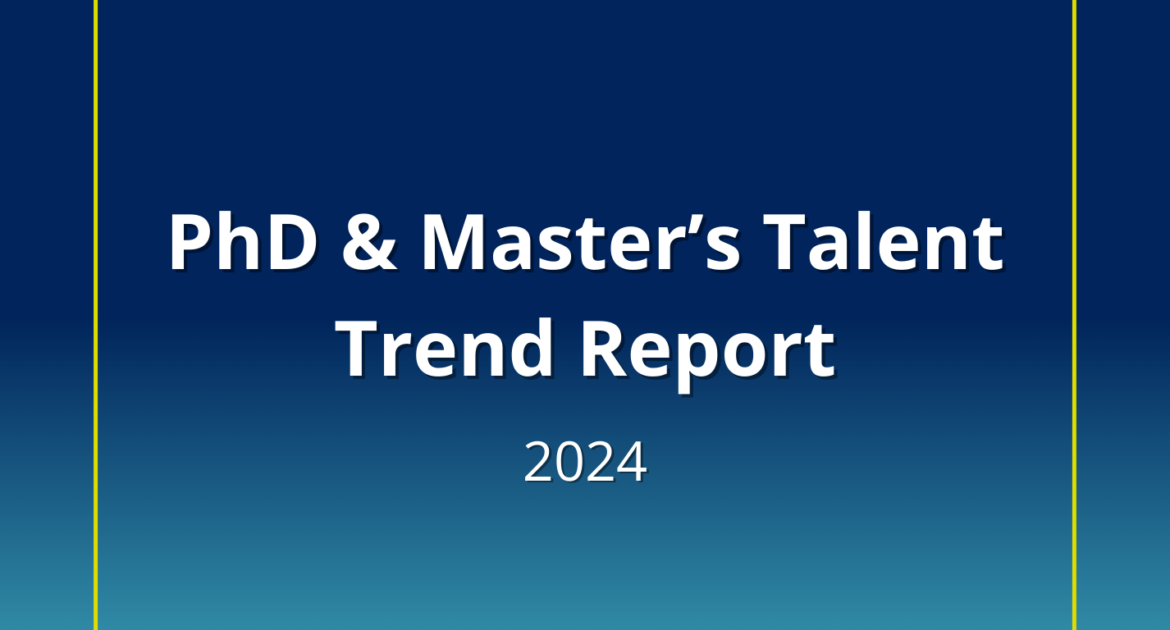Searching and applying for a PhD offers numerous benefits for individuals seeking to advance their academic and professional careers. At jobs.ac.uk we’ve been helping students find and compare PhD opportunities and postgraduate research to start their professional journey for over 25 years.
jobs.ac.uk offers a range of PhD opportunities across various disciplines, from science and engineering to social sciences, politics and more. The search and application process for a PhD is a significant step in their PhD journey and at jobs.ac.uk we allow candidates to explore hundreds of programmes by discipline, funding and institution all in one place. At jobs.ac.uk we’ve carried out an in-depth study to provide you with a greater insight into recruitment trends in this market.
Our report takes a closer look at the 4,440 Master’s and PhD opportunities placed on jobs.ac.uk from August 1st 2023 to July 31st 2024 by UK and Irish higher education institutions.
If you would like to see the complete report, you can download it below.


Share your comments and feedback